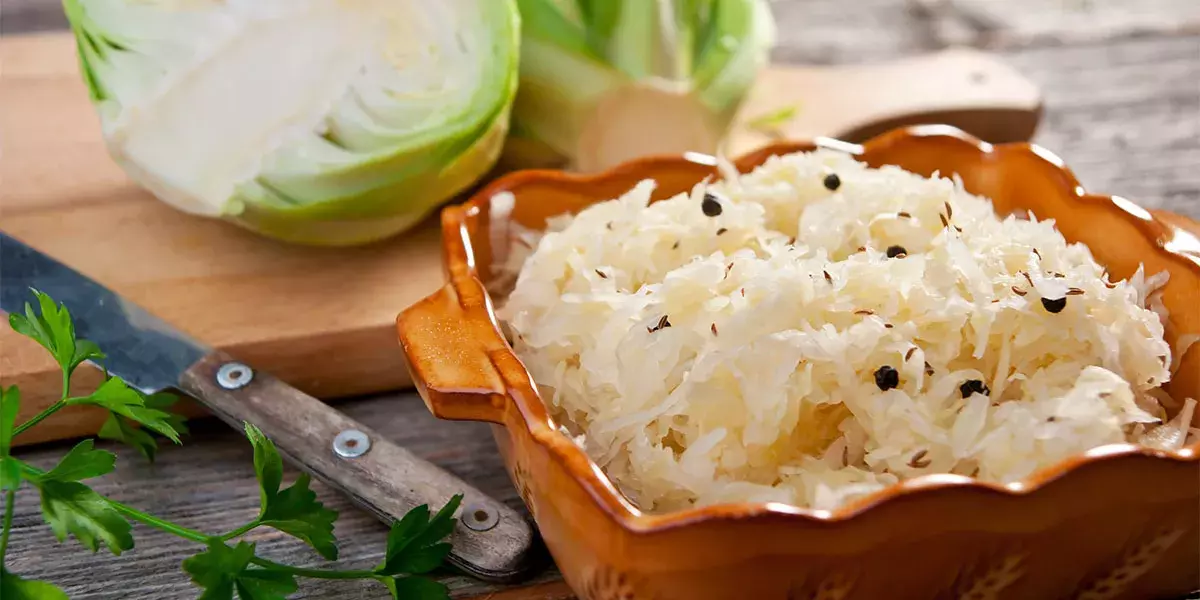
The pros of probiotics
When we hear that something contains bacteria, we generally think of that as a bad thing. So what would provoke us to look for products containing bacteria? Recent research proposes that certain “good bacteria” may be protective against the inflammation associated with the development of certain diseases.
These good bacteria are known as probiotics. Probiotics work in several ways to promote improved health:
- Participate in the production of vitamin B12 and vitamin K.
- Crowd out the bad bacteria and promote the creation of enzymes that destroy harmful bacteria.
- Support processes that improve immune function. (It should be noted that 70-80 percent of the immune system is located in the digestive tract.)
Most foods containing probiotics have been fermented. One of the best food sources is yogurt. The label should contain the wording “live and active cultures” if the product contains good bacteria.
Other good food sources of probiotics include sauerkraut, miso soup, fermented cheese, kefir, tempeh and sourdough bread.
In addition to food sources, a wide variety of probiotic supplements line store shelves proving that there is no “one size fits all” program. It has been proposed that certain strains and species may work best together to produce the desired result, but scientific proof is limited at this point.
Some professionals encourage food sources of probiotics while others tout the profits of supplements. The “foodies” proclaim the combined benefits of nutrients and probiotics, while the supplement proponents endorse the higher amounts and bacterial diversity provided in capsule form.
To enhance the benefits of probiotics, consider combining probiotics with prebiotics. Recognized as “food” for probiotics, prebiotics are fibers found naturally in foods. They pass through the digestive tract undigested and promote the growth of probiotic bacteria.
Foods that contain prebiotics include bananas, onions, garlic, asparagus, artichokes, spinach, soybeans, oats and whole-wheat foods. Probiotic supplements are prone to contain a prebiotic source (look on the label for terms like inulin, oligosaccharides and polydextrose).
A combination of prebiotic and probiotic sources (like bananas and yogurt) or supplements that contain both prebiotics and probiotics are known as synbiotics. It is projected that these synbiotic mixtures are more effective than each component alone.
Diet, antibiotic use and even stress levels can affect the bacterial composition of the gut, so a personalized approach is projected to become the standard as more is learned about these promising substances.
For individuals with health problems which weaken the immune system, probiotic use could result in serious infections. Always check with your healthcare provider prior to beginning a probiotic regimen.
Carole Mabry, MS, RD, LD, is a registered dietician with Spartanburg Regional Healthcare System.












